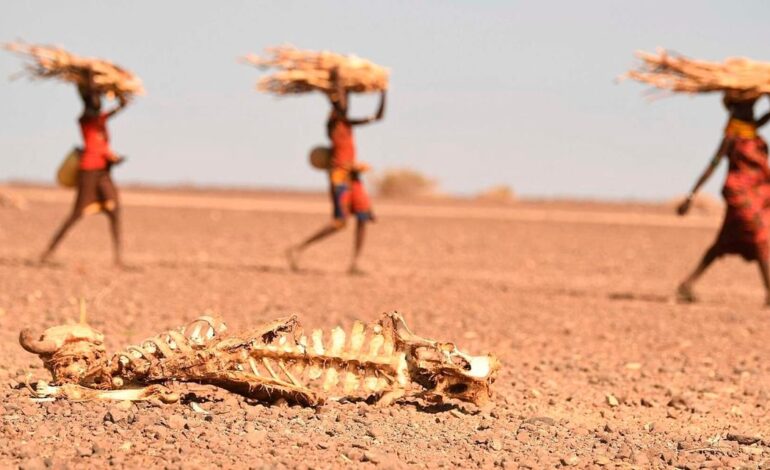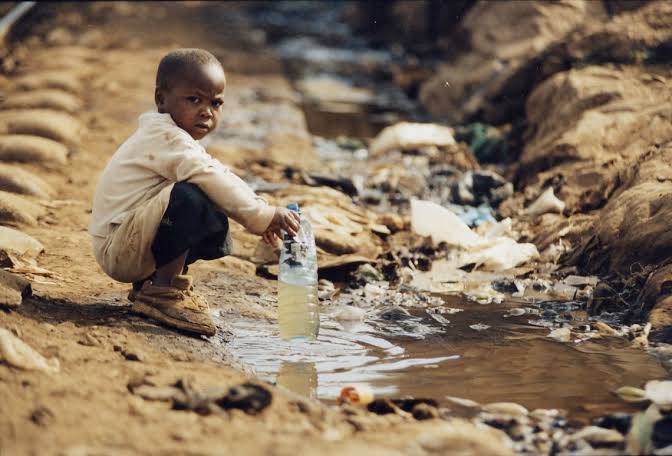
Faith Nyasuguta
The current unprecedented climate emergency has proven to be a water crisis for Africa. Driven by global emissions that have the least to do with Africa’s development, the continent’s temperatures are increasing faster than the global mean, contributing to water stress, related inequalities, and conflicts.
The period between 1991 and 2021 saw Africa warm up at an incremental average of about 3°C per decade.
Africa Equity Media spoke to Kevin Lunzalu, a marine ecologist who gives insights on the ongoing water crisis in the continent.

“To Africa, every inch of warming matters, as it increases the vulnerability of its people and ecosystems, posing the most dire consequences to lives and livelihoods,” he says.
This is already being manifested by water-related challenges being experienced by coastal communities in Africa, despite the continent contributing a paltry 3% of the world’s emissions.
Climate-induced sea level rise in many coastal regions in Africa, such as Kipini in Kenya, is increasing intrusion of ground water, leading to a change in salinity and the chemical composition of groundwater that makes it unsuitable for drinking and other household uses.
“This is alarming, as scientific projections show that close to 116 million people in Africa will be exposed to the adverse effects of sea level rise by 2030,” Lunzalu adds.
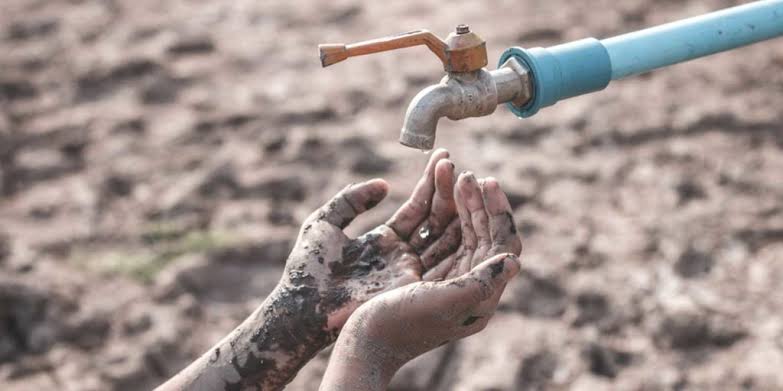
According to Dr. Aditi Mukherji, a coordinating lead author of the chapter on Water of the IPCC Sixth Assessment Report, movement from the current 1.5 degrees celsius to 4.0 will largely depend on what we do in this decade.
Speaking during the inaugural workshop on water issues in Africa for East African journalists held in Nairobi, Dr. Aditi said that the climate crisis is also a water crisis, yet water is often neglected in climate change negotiations.
“Majority of the people living in the Global South, in climate exposed occupations, experience climate change through water.”
For such communities, the majority of water-related adaptations are meant to improve livelihoods, such as utilizing increased water-prone areas for rice production, and irrigation farming in water-deficient zones. The workshop was co-organized by Africa21, Water Diplomat, and Media for Environment, Science, Health and Agriculture (Mesha).
In view of the depth of the climate-related water crisis that Africa currently faces, the continent’s water adaptation must be on the agenda of the upcoming UN Water Conference scheduled to take place in New York (USA) in March 2023.
The main outcome of this crucial meeting will be a Water Action Agenda, which will seek to renew and realize additional commitments and actions by world leaders and other role-players to drive the United Nations Sustainable Development Goal on Water (SDG 6).
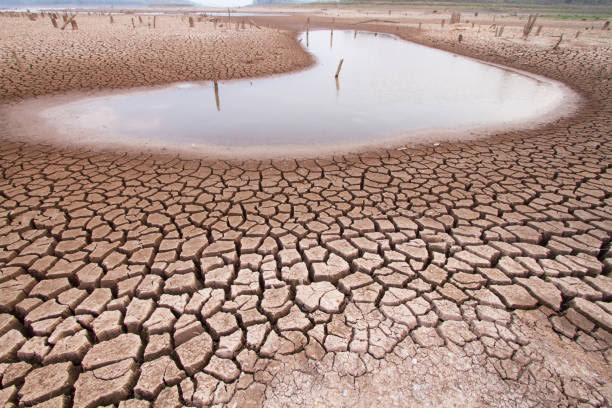
African countries will have a great opportunity to push the resilience and adaptation agenda during the second day of the conference(23rd March) where there will be three hours of interactive dialogue on water for climate, resilience, and environment.
The official programme of the conference shows that this session will be co-chaired by representatives of developing and developing countries. This provides a great chance for nations to have an honest dialogue on the contribution of increased emissions in the North, to the water crisis in the South. Concrete recommendations of how developed countries can help increase water resilience and adaptation in Africa must be tabled.
Dr. Boubacar Barry, the Scientific Advisor to the Secretariat of the 9th World Water Forum in Dakar, states that even though notable progress has been made in the recent pass to enhance availability of water for food production in Africa, there still remains some unfinished business.
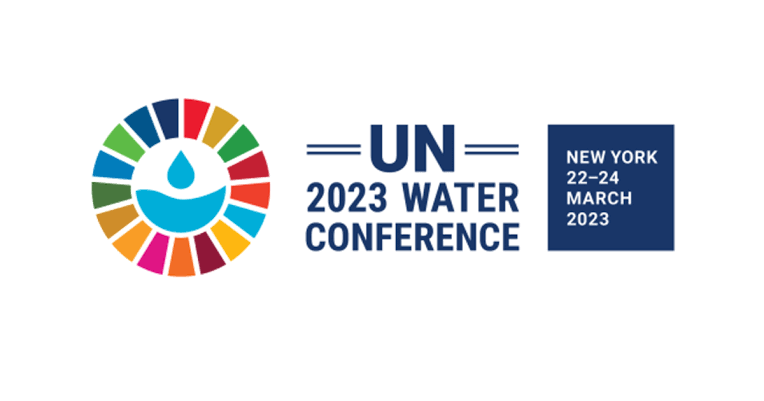
“65% of household level income in Sub Saharan Africa is derived from farming or farm labor. This calls for increased resilience of food-providing systems and miminize environmental degradation that leads to loss of wetlands and pollution of dependent rivers,” Barry says.
Notes:
Kevin Lunzalu is a marine ecologist and conservation writer from Kenya, with a deep interest in fostering inclusive and rights-based natural resource governance. He is the co-founder of the Kenyan Youth Biodiversity Network, a youth-led organization that strengthens the capacity of young people to make informed action toward halting the loss of biodiversity and policy advocacy.


